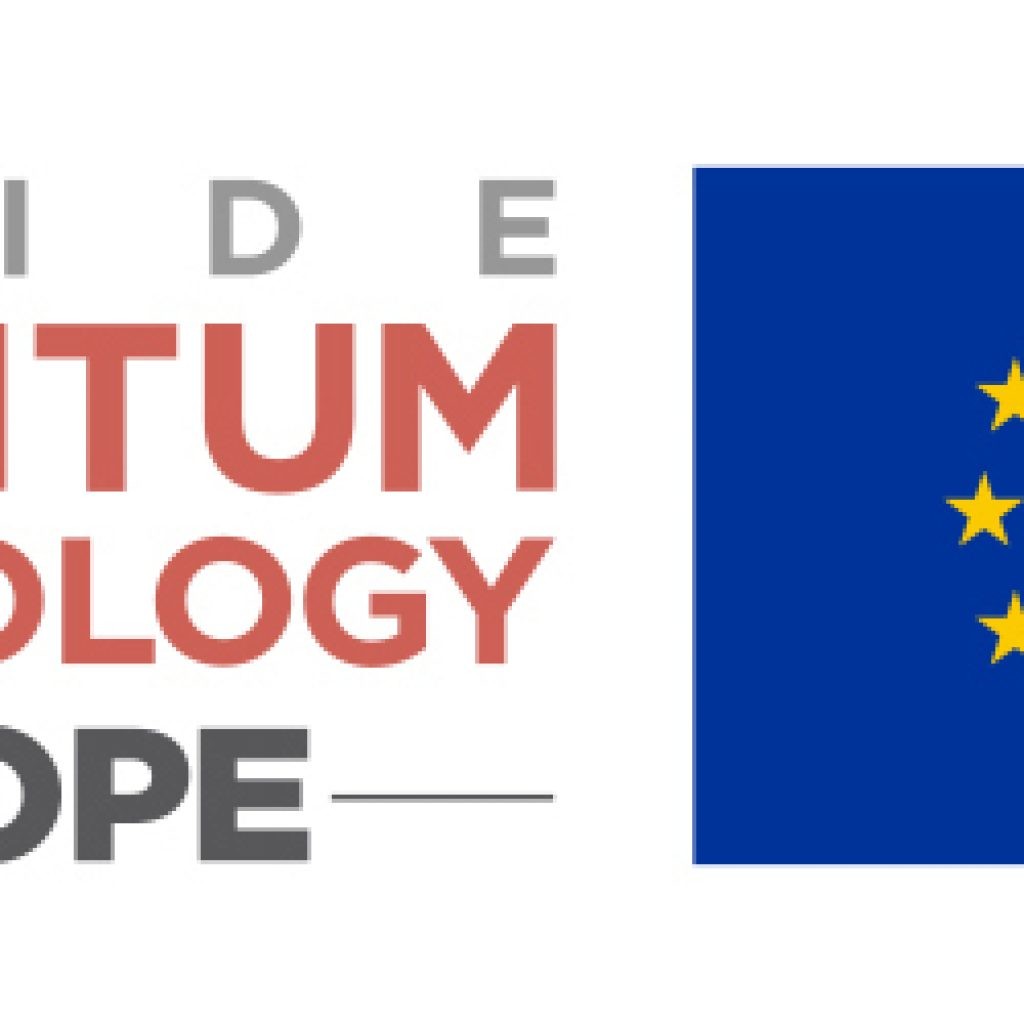(ZDNet) ZDNet’s Senior Editor Scott Fulton provides in-depth coverage of the recent IQT Europe conference. Fulton’s article summarized here.
Fulton writes that “the biggest emerging theme from the recent Inside Quantum Technology Europe 2020 conference could be summed up with the question every parent driver hears shouted from the back seat: Are we there yet?
“We need to have a first application, before [QC] can be ubiquitous,” commented William Zeng, the head of quantum research at financial giant Goldman Sachs. “As far as we can tell now, in order to get to the first application, we’re going to need error correction of some kind. In order to have error correction at scale, we’re going to need to scale up the imperfect qubit systems that we have today.”
QC sounds like as transformative an idea in technology as any ever conceived — as the vacuum tube, the transistor, or the ‘off’ switch. And even before it attains this mythical status, it could have a cataclysmic effect on every industry whose digital transactions are protected by cryptography.
Banking comes to mind right away. But consider also, mobile communications. All of mobile communications.Axel Foery, Executive VP Quantum-Safe Security, ID Quantique, said in his IQT Europe presentation, “If quantum technology — in this case, quantum random number generation [QRNG] — hits the mass market, it’s time to start,” remarked Axel Foery, executive vice president for quantum-safe security at Swiss quantum security firm ID Quantique. In 2001, ID Quantique produced the first commercial QRNG device.”
Random number generation is essential for encrypted communications — or, as it’s coming to be known, communications. Encrypted transactions that use QRNG-generated keys are called ‘quantum safe’. It’s a real, reliable technology that 5G Wireless is putting to use today. Andrew Shields, Head of Quantum Technology at Toshiba Europe explained, “In the end, we have to seek quantum-safe communications everywhere,” remarked Andrew Shields, head of quantum technology at Toshiba Europe. “It doesn’t make sense if there’s some part of the network which doesn’t have quantum-safe communications.”
Robert Sutor, vice president for quantum ecosystem development at IBM Research, offered his perspectives at IQT Europe on which applications, in his view, were the best candidates for quantum computing: Chemistry, Optimization and Simulation, Matrix Algebra.
“The way I would see it,” said Sutor, “by the end of the decade, we’ll start to see little, scattered examples. And then there’ll be this reassessment. . . So there will be a second wave, then there will be a spreading.”
“We’re not looking for quantum to be slightly better,” said IBM’s Sutor. “We’re looking for quantum to be really better.”
ZDNet Profiles IQT Europe Speakers & Asks “Are We There Yet in Quantum Computing?”
